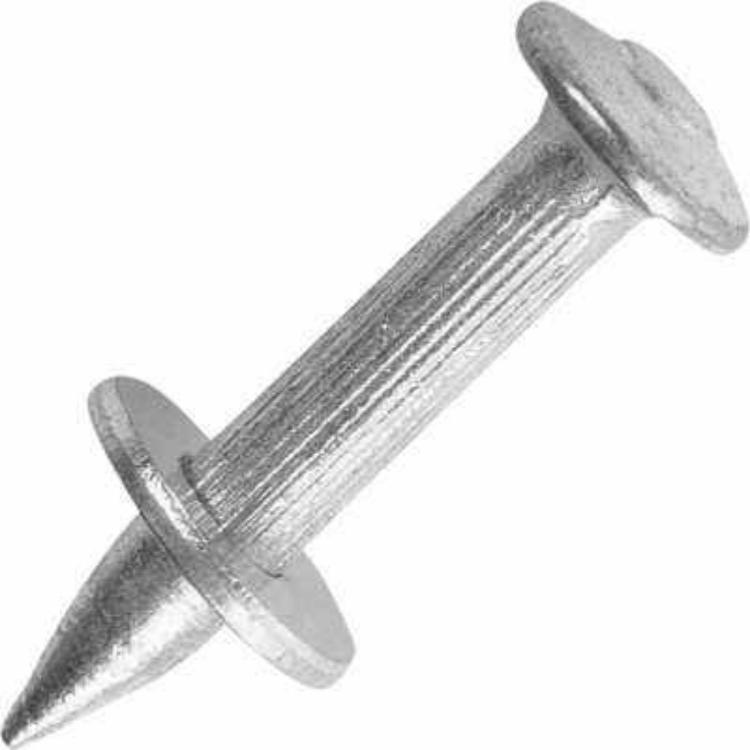- Time:2024/02/02 Posted:Dongguan prospect hardware accessories co.,ltd
An In-depth Overview of Bolts, Nuts, and Screws for Effective Fastening

Fasteners are crucial components in various industries and applications, providing secure and reliable connections for structural frameworks, machinery, and everyday objects. Among the most commonly used fasteners are bolts, nuts, and screws. This comprehensive guide aims to provide a detailed understanding of these standard fasteners, their types, materials, sizes, and selection criteria.
The Importance of Fasteners in Industrial Applications
Fasteners play a fundamental role in ensuring the stability, safety, and longevity of assembled structures. They provide the necessary clamping force to hold materials together, preventing looseness, displacement, or failure in critical components. Whether it is constructing a building, assembling machinery, or fixing household items, the appropriate choice of fasteners is essential to achieve optimal performance and functionality.
Types and Varieties of Bolts, Nuts, and Screws
1. Bolts: Bolts are threaded fasteners that feature an external male thread and are typically used with a corresponding nut. Common types of bolts include hex bolts, carriage bolts, and eye bolts, each designed for specific applications and load-bearing requirements.
2. Nuts: Nuts are internally threaded fasteners that mate with bolts to secure two or more components together. They are available in various types, such as hex nuts, locknuts, and wingnuts, offering different levels of fastening strength and resistance to vibration.
3. Screws: Unlike bolts, screws are self-tapping fasteners that do not require a separate nut for fastening. They create their own threads when driven into a pre-drilled hole. Common screw types include wood screws, machine screws, and sheet metal screws, each tailored for specific materials and applications.
Material Selection for Fasteners
The choice of fastener material is crucial to ensure its durability, resistance to corrosion, and load-bearing capacity:
1. Steel: Steel fasteners, such as carbon steel and alloy steel, offer excellent strength and are widely used in general-purpose applications.
2. Stainless Steel: Stainless steel fasteners provide superior corrosion resistance and are suitable for outdoor or chemically corrosive environments.
3. Brass: Brass fasteners are commonly used in applications where electrical conductivity and aesthetics are important.
4. Titanium: Titanium fasteners combine strength, corrosion resistance, and lightweight characteristics, making them ideal for aerospace and medical industries.
5. Aluminum: Aluminum fasteners are lightweight and offer good corrosion resistance, making them suitable for applications where weight reduction is crucial.
Factors to Consider in Fastener Selection
Choosing the appropriate fastener involves considering several key factors:
1. Load Requirements: Determining the anticipated load and stress levels helps select fasteners that can withstand the required forces.
2. Environment: Assessing the operating environment, including temperature, humidity, and exposure to chemicals or outdoor conditions, ensures the chosen fasteners are compatible and resistant to corrosion.
3. Material Compatibility: Selecting fasteners compatible with the materials being joined is essential to prevent galvanic corrosion or material degradation.
4. Size and Thread Type: Proper sizing of fasteners, including diameter, length, and thread type, ensures proper engagement and optimal clamping force.
5. Installation and Torque Requirements: Considering the ease of installation, tightening torque requirements, and the availability of tools plays a crucial role in efficient assembly.
Conclusion
As a comprehensive guide to standard fastener selection, understanding the types, materials, and selection criteria of bolts, nuts, and screws is essential for professionals and enthusiasts alike. By considering the load requirements, environment, material compatibility, size, and installation factors, one can make informed decisions to ensure secure, reliable, and long-lasting connections in various applications.
